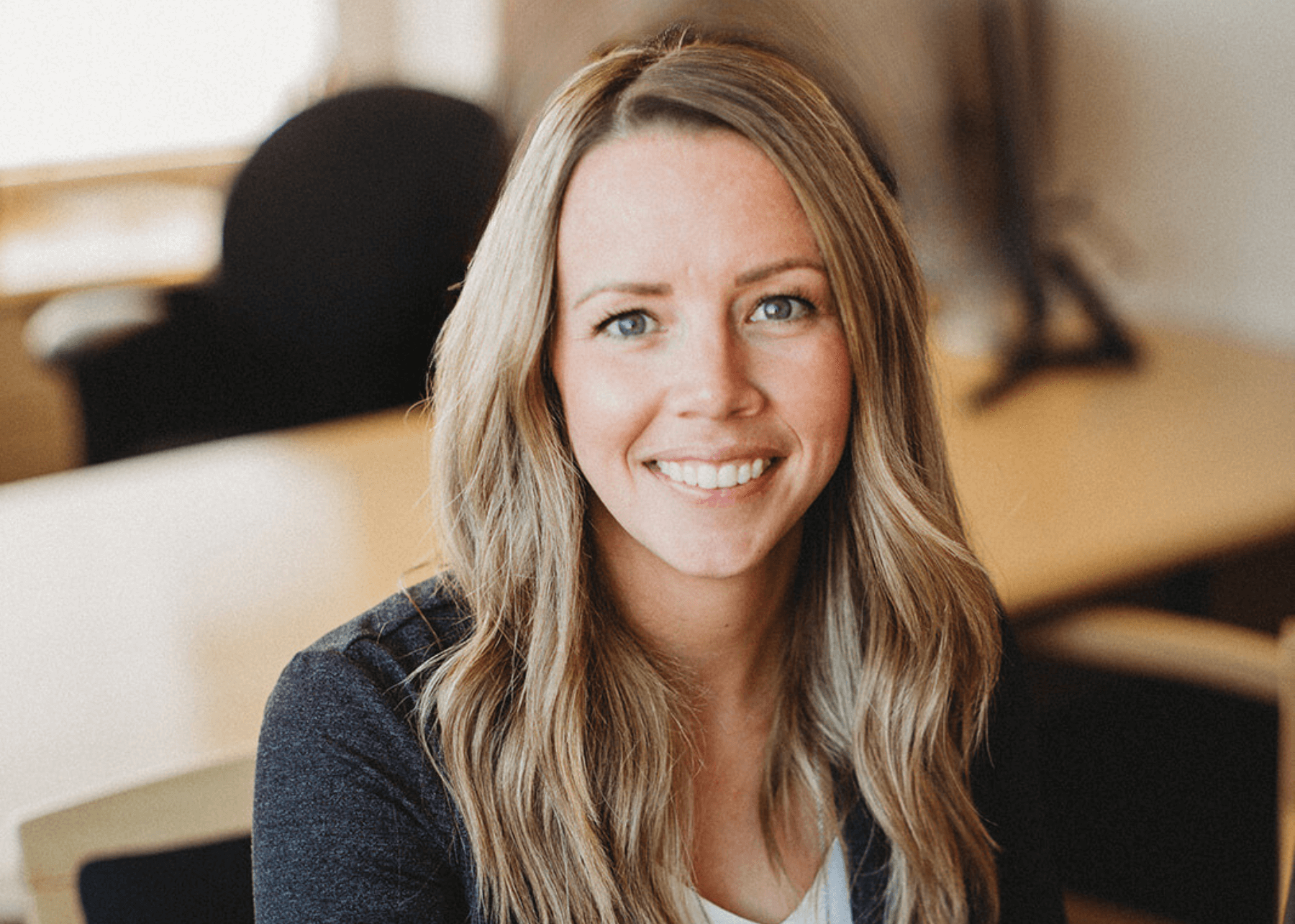Jane is divorced. Going through divorce was a difficult time, not just for her but for her entire family. The emotions were draining, but the financial strain made it even worse.
As Jane prepared for divorce, there were so many decisions to be made quickly. She knew she had to be proactive to protect her financial well-being.
Jane first needed to understand her financial situation before entering the divorce process. She started by compiling her financial records – tax returns, loan documents, retirement accounts, bank statements, and investment statements. Then, with her accountant’s help, Jane was able to fully understand where she stood financially.
Jane also pulled her credit report to ensure she knew all her accounts and liabilities. She made a comprehensive list of all her assets that could be divided during the divorce, including their marital home, investments, pensions, personal property, and more.
How Jane Financially Prepared for Divorce

Next, Jane opened new personal bank accounts and closed her joint accounts with her soon-to-be ex-husband. She updated all her direct deposits to her new account and started paying her bills using those accounts. Importantly, to avoid being responsible for any debt her husband may accrue post-divorce, she and her husband agreed to pay off the minimal debt outstanding and closed their joint credit cards.
Jane wanted to ensure her wishes were honoured in the event of her death – and that her former husband wouldn’t have access to her private information. She updated her Will and Power of Attorney, designating new beneficiaries on her investment accounts and insurance policies.
Jane also changed her mailing address to keep her mail private during the divorce proceedings. She wanted to ensure that any correspondence from her lawyer or information about her finances wouldn’t fall into the wrong hands.
Finally, Jane wanted to avoid losing assets or handing over more than she had planned. To do this, she refrained from making significant financial decisions until the divorce was finalized. Instead, she worked with legal and financial professionals to make sure her best interests were protected throughout the process.
Jane had to figure out her new income post-divorce and set a budget. She needed to get her life back on track. With her financial planner, she determined all her monthly inflows, debt payments, and fixed expenses and allocated her discretionary spending accordingly. Together, Jane and her financial planner started a new financial plan and set new, achievable goals. She also reviewed her investments with her portfolio manager to make sure they aligned with her new financial goals and comfort level.
__
Today, with the help of the right professionals, including her accountant, financial planner and portfolio manager, Jane can finally start fresh post-divorce and have financial peace of mind.
Are you at the start, or in the middle of a divorce? Remember these steps.
- Compile your financial records and assess your personal assets.
- Open new bank accounts and credit cards.
- Close joint bank accounts and close or freeze joint credit cards (depending on amount owed, it may be prudent to freeze the credit cards and settle in court).
- Update your Will, Power of Attorney, insurance policies, including beneficiaries.
- Update your mailing address if you no longer live in the marital home.
- Refrain from making significant financial decisions that may be included in the division of property.
Starting Fresh, Post-Divorce
Determine your new income and set a budget.
Post-divorce, your cash flows are likely to change drastically. So first, determine all your monthly inflows, debt payments and fixed expenses. From there, figure out how to allocate your discretionary spending.
Start your financial plan.
Your future looks different than the last time you did a financial plan. Work with your advisor to lay out new objectives and determine the next steps to get your financial life back on track.
Review your investments.
Your investment objectives may have changed since your divorce, or it may be your first time learning about investing. Talk to your portfolio manager and ensure your portfolio aligns with your objectives and comfort level.
Work with your accountant, financial planner, and portfolio manager to clearly understand your financial position and set you on the right path to financial well-being post-divorce.

Meet Our Team: Holly Harrison, CFP
Holly Harrison is the principal Wealth Management Advisor at Virtus Private Wealth. She brings more than a decade of experience in the financial services industry. She obtained her Certified Financial Planner® designation in 2014. Holly is skilled in building comprehensive financial strategies tailored to her clients’ specific needs. Holly employs a holistic approach to wealth management, helping you building a sound financial plan including insurance, retirement and estate planning.

